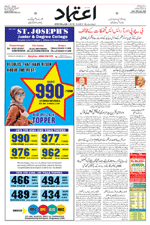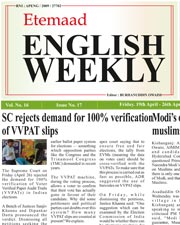Govt to soon come up with robust framework to check service charge
Fri 03 Jun 2022, 10:27:09
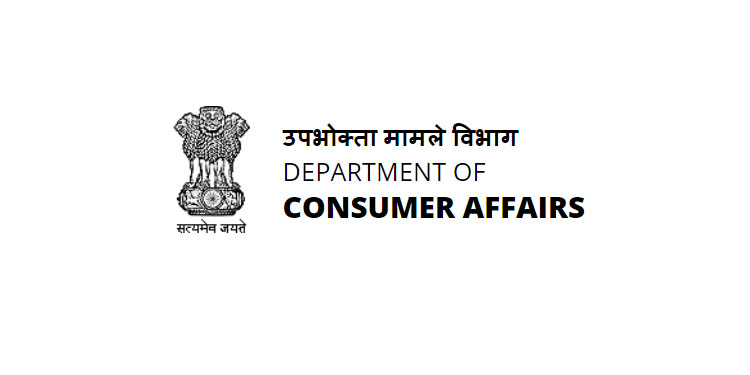
The Department of Consumer Affairs will soon come up with a robust framework to ensure strict compliance by the stakeholders with regard to service charge levied by restaurants and hotels as it adversely affects consumers on a daily basis.
The Department held a meeting here yesterday with restaurant associations and consumer organizations on levy of service charge in hotels and restaurants. The meeting was chaired by Secretary of the Department Rohit Kumar Singh.
The meeting was attended by major restaurant associations including National Restaurant Association of India and Federation of Hotel and Restaurant Associations of India and consumer organizations including Mumbai Grahak Panchayat.
During the meeting, major issues raised by the consumers on National Consumer Helpline of the Department relating to service charge such as compulsory levy of service charge, adding the charge by default without express consent of consumer, suppressing that such charge is optional and voluntary and embarrassing consumers, if they resist paying such charge were discussed.
Further, guidelines on fair trade practices related to charging of service charge by hotels or restaurants on 21st April 2017 by the Department were also referred to.
The restaurant associations observed that when service charge is mentioned on the menu, it involves an implied consent of the
consumer to pay the charge. Service charge is used by restaurants or hotels to pay the staff and workers and is not charged for the experience or food served to consumer by the restaurant or hotel.
consumer to pay the charge. Service charge is used by restaurants or hotels to pay the staff and workers and is not charged for the experience or food served to consumer by the restaurant or hotel.
Consumer Organizations observed that levying service charge is patently arbitrary and constitutes an unfair as well as restrictive trade practice under the Consumer Protection Act. Questioning the legitimacy of such charge, it was highlighted that since there is no bar on restaurants or hotels on fixing their food prices, including an additional charge in the name of service charge is detrimental to the rights of consumers.
As stated in the earlier guidelines, placing an order by a customer amounts to his agreement to pay prices in the menu along with applicable taxes. Charging for anything other than, without express consent of the consumer, would amount to unfair trade practice under the Act. Further, considering entry of a customer to a restaurant or hotel as an implied consent to pay service charge would amount to imposition of an unjustified cost on customer as a condition precedent to placing an order for food and would fall under restrictive trade practice under the Act.
Since this adversely affects millions of consumers on a daily basis, the Department will soon come up with a robust framework to ensure strict compliance by the stakeholders.
No Comments For This Post, Be first to write a Comment.
Most viewed from
Most viewed from Business
AIMIM News
Asaduddin Owaisi files nomination papers on Friday
Apr 20, 2024
Owaisi Begins Election Campaign in Hyderabad
Apr 13, 2024
Latest Urdu News
Most Viewed
May 26, 2020
Do you think Ruturaj Gaikwad would be a good captain for Chennai Super Kings?
Latest Videos View All
Like Us
Home
About Us
Advertise With Us
All Polls
Epaper Archives
Privacy Policy
Contact Us
Download Etemaad App
© 2024 Etemaad Daily News, All Rights Reserved.

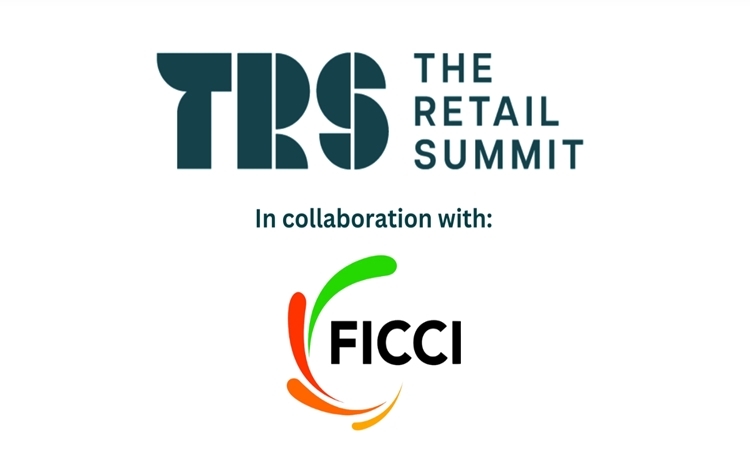
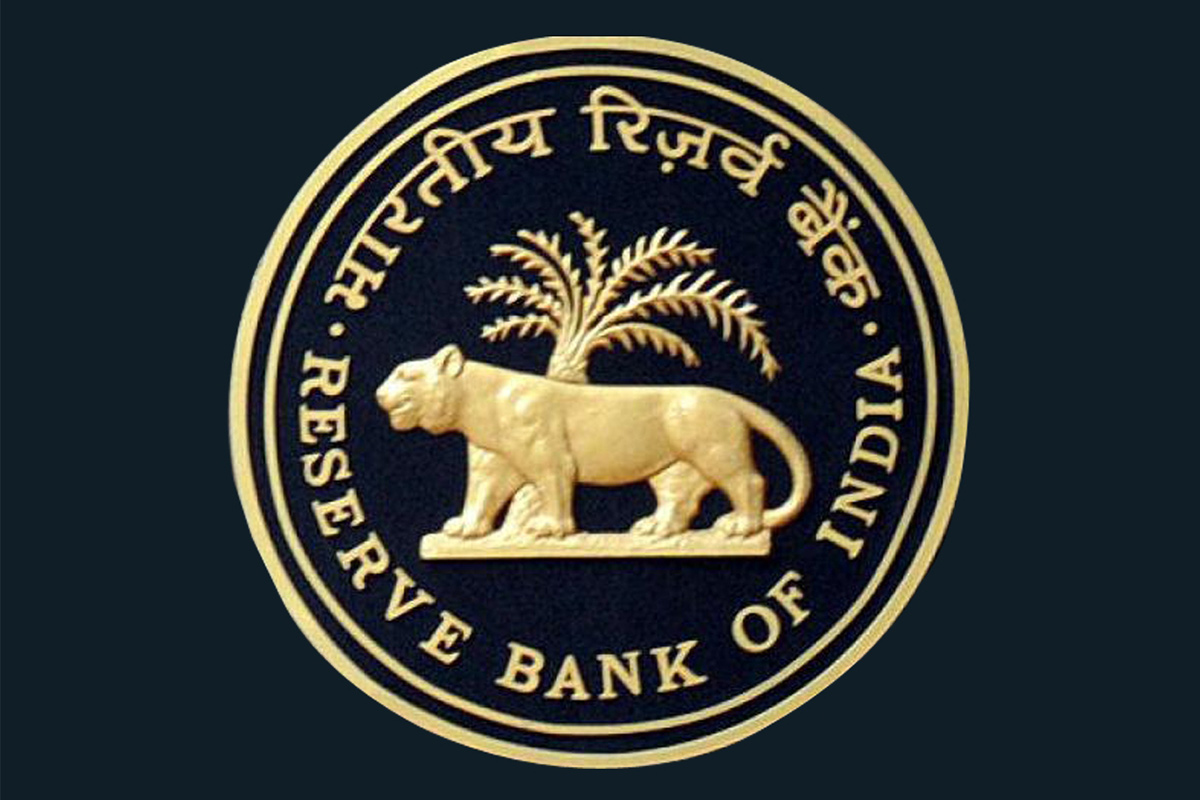
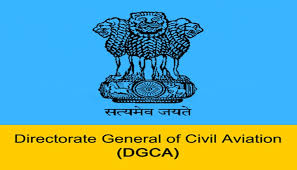
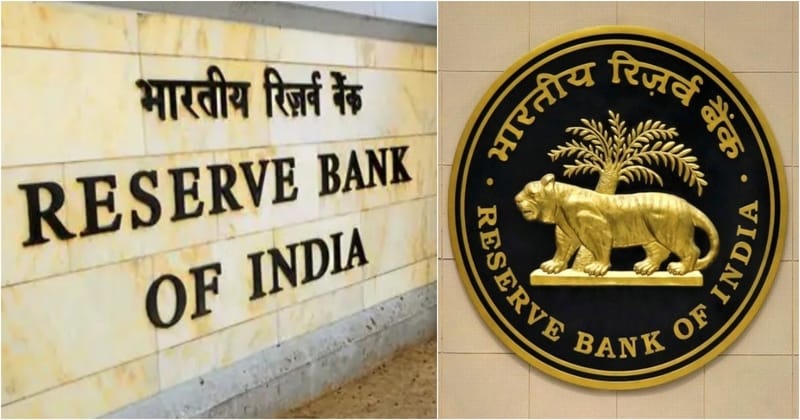





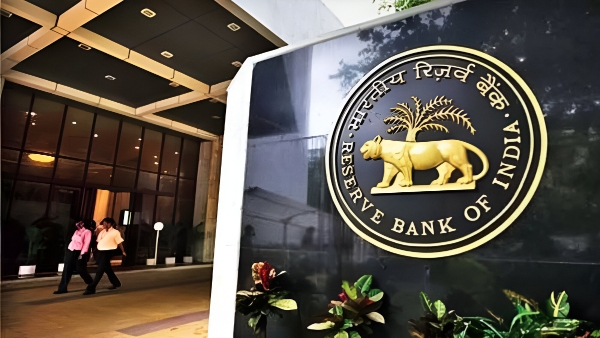
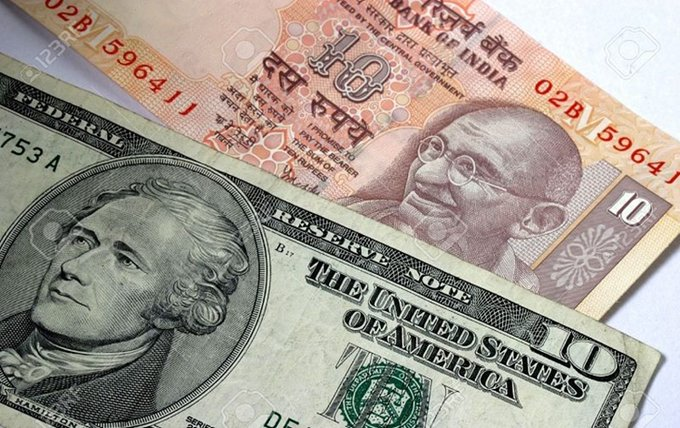
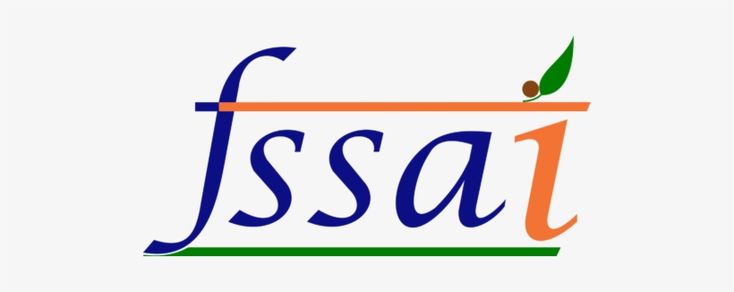
.jpg)
.jpg)
.jpg)
.jpg)
.jpg)
.jpg)
.jpg)
.jpg)
.jpg)
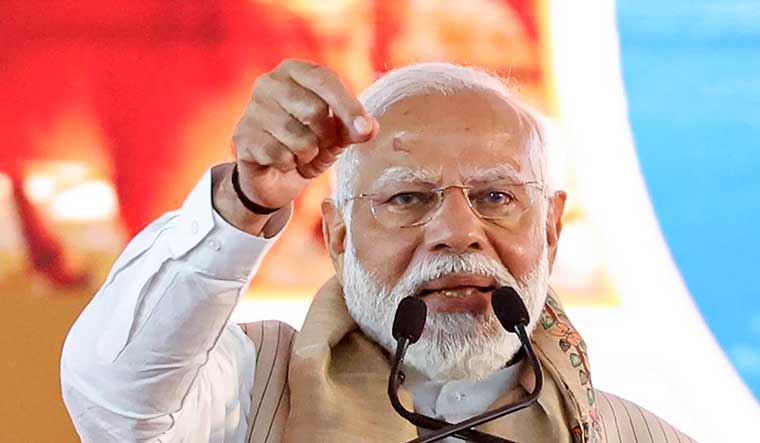
.jpg)
.jpg)
